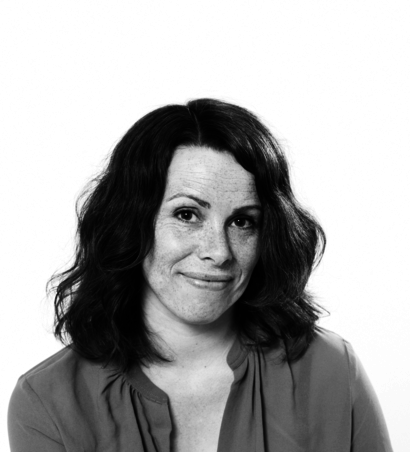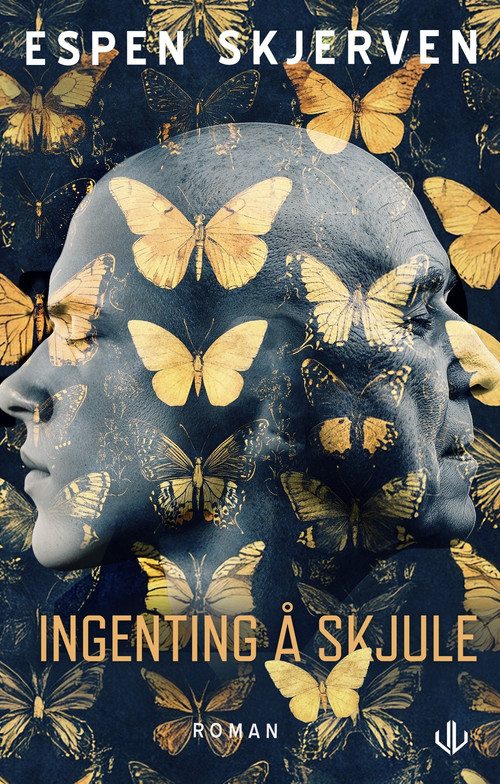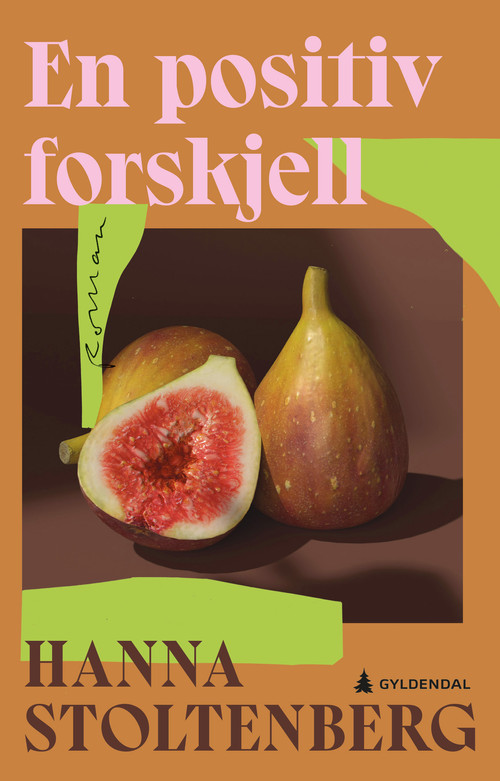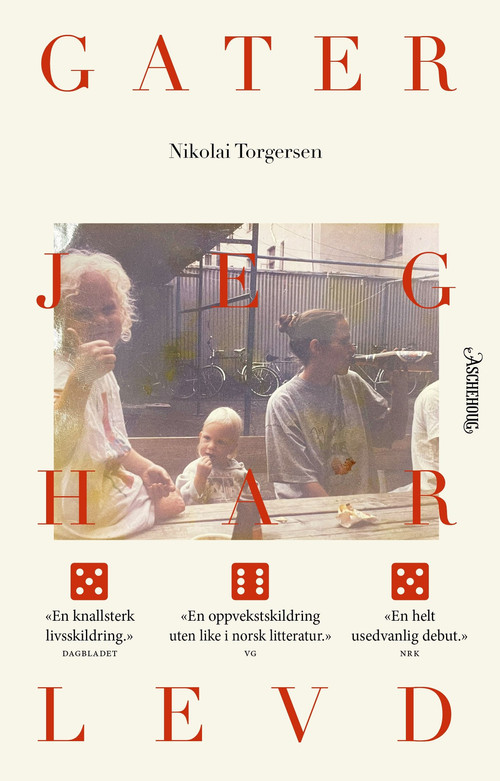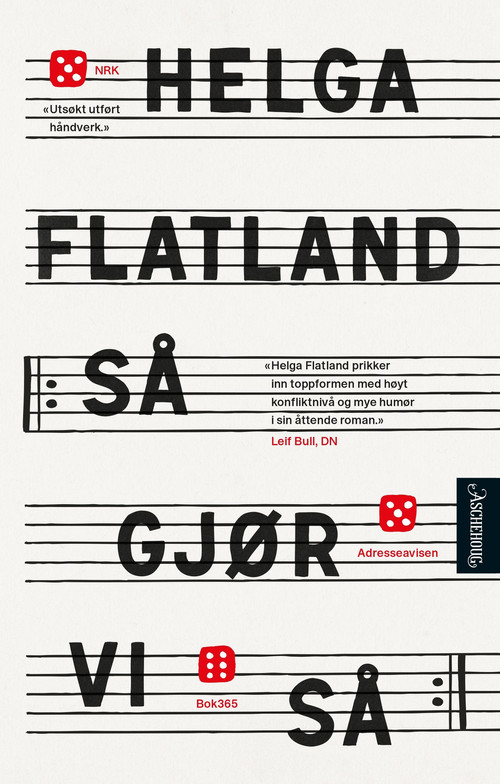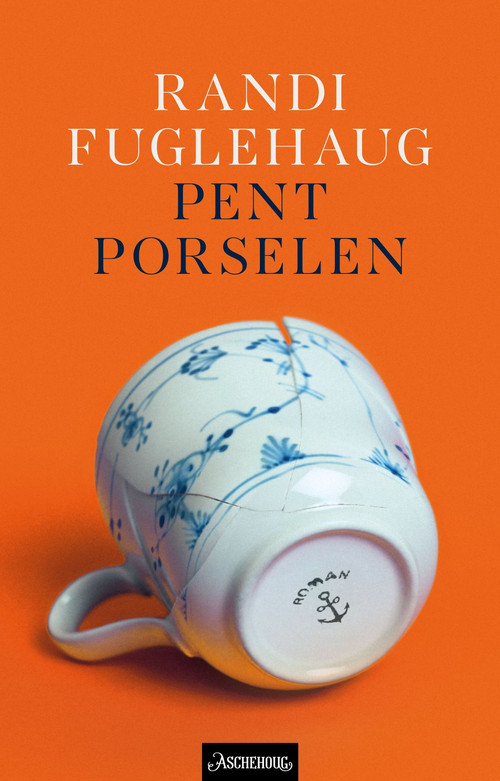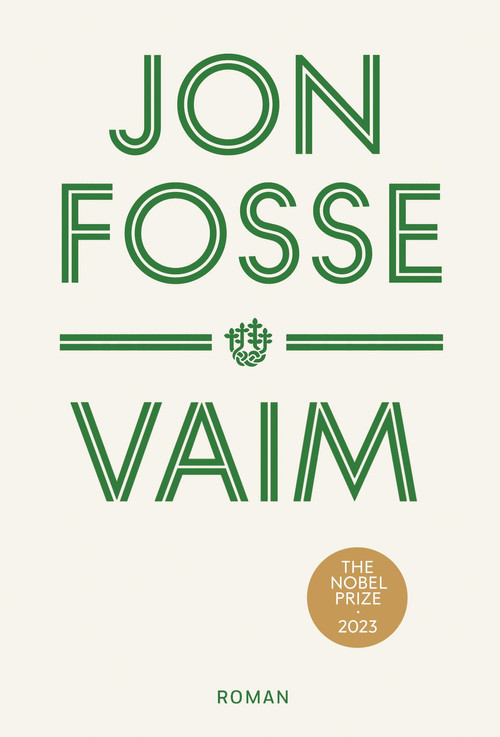How can you defend your own values, how can you see your own retina, how can you approach your own mother and how can you eat a whole, charcoaled sheep’s head?
Undis Brekke is about 37-year-old Undis Brekke who returns to the farming community she grew up in, in order to teach Norwegian at the local college, even though she is thoroughly fed up with students. She arrives just in time for the annual Christmas dinner at the faculty for Nordic studies, where she is forced to confront various scraps and pieces of her own childhood and adolescence that she has attempted to sweep under the carpet.
Betrayal, hope and anxiety, writer’s block, male and female exes, pre-menstrual syndrome, childhood friends and parents are all potent ingredients in this portrait of a woman who is struggling to keep her head above water. How can you defend your own values, how can you see your own retina, how can you approach your own mother and how can you eat a whole, charcoaled sheep’s head … the novel addresses all these issues.
Few Norwegian writers can depict life's gravity with a more liberating
lightness than Gunnhild Øyehaug.
5 out of 6 stars
Incredibly well composed ... an impressively tight and fast-paced novel.
It's exhilaratingly well written, it's sharp and it's terrible and it's very recognizable - also for for those who have never set foot on a small town university ... The abrupt zoomings and all the layers lying there talking with each other makes the novel a feast.
As is fitting for this excellent entertainer, there is also darkness and seriousness in Øyehaug's writing. [...]. Undis Brekke is a pleasurable crisis novel that you'll be loath to put down.
A funny, unusually well-written book ... moves elegantly from vivid depictions of the disgusting head which is about to be eaten, through sharp observations of professors of Norwegian at a party, to more vulnerable sections on longing, growing up and a difficult mother-daughter relationship.
Art and life are connected in Øyehaug's book, which achieves both, by sharpening its skills in at least two important verbs: thinking and looking.
